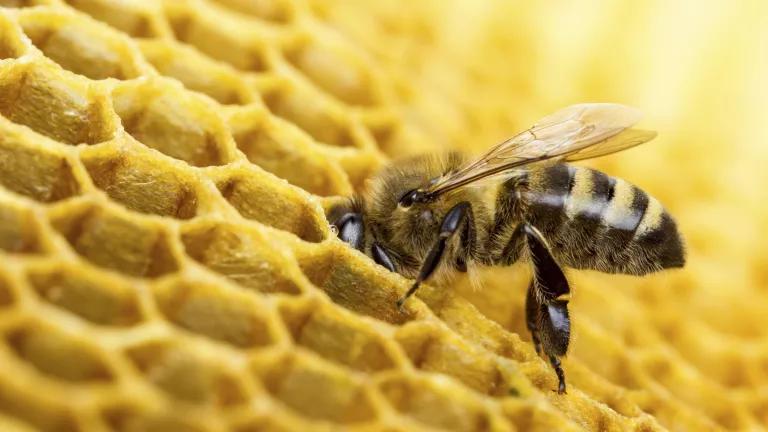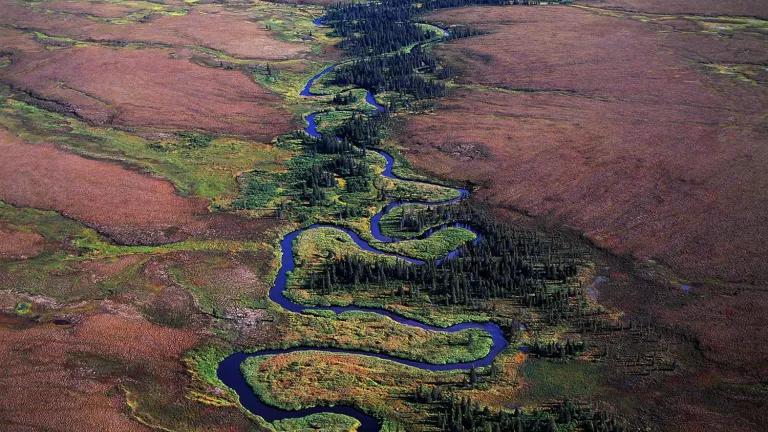
Vaquita Marina
This blog was co-authored by Fabiola Hernández. Fabiola is a Speth Fellow from the Yale School of Forestry and Environmental Studies working on International Climate and Latin America issues.
Vaquita who?
The vaquita marina is the world’s smallest and most endangered porpoise. They are only found in the northern part of the Gulf of California, a narrow body of water 100 miles south of the U.S. border with Mexico. There are fewer than 30 vaquitas left in the world, mainly due to heavy fishing in the area. Although the vaquita is not the target of Mexican fishermen, it is frequently captured during gillnet fishing. Like all mammals, vaquitas breathe air. Therefore, when they become entangled in a gillnet, they are unable to surface for air and eventually drown. Fishermen catching shrimp and other seafood have caused a 95 percent population decline in the past 20 years. If current levels of gillnet fishing continue in the upper Gulf of California, the vaquita will likely be extinct by 2021.
What have countries done to help?
Over the past 25 years, Mexico has proposed several policies to limit gillnet fishing. For instance, in 2015, Mexico issued a two-year ban on most gillnet fishing in the vaquita habitat. However, Mexico’s plan has been ineffective, law enforcement has been lax, more vaquitas are found dead every year and gillnet fishing in the area continues.
To save the vaquita, the Mexican government needs to substantially increase law enforcement efforts to combat illegal fishing and it must secure convictions against those arrested for violating Mexico’s wildlife protection and trade laws. Moreover, Mexico must strengthen efforts to develop vaquita-safe fishing gear, create equitable and responsible compensation programs for those affected by the restrictions on fishing activity, and promote viable alternative livelihoods for the communities in the area. Thus far, the government has failed to take similar action.
Since most commercial shrimp and a significant percentage of the fin fish caught in this part of Mexico are exported to and sold in the U.S., the U.S. government has a key role in ensuring the survival of the vaquita.
The Marine Mammal Protection Act, enacted in 1972, requires the U.S. government to ban seafood imports that harm marine mammals at a rate above U.S. standards. All imports of gillnet- caught seafood coming from the vaquita habitat need to be banned in order not to violate the Act.
NRDC has made several efforts to force the U.S. government to comply with the law. In 2016, NRDC and its coalition partners, the Center for Biological Diversity and the Animal Welfare Institute, petitioned the U.S. government to ban the import of vaquita-harmful fish and fish products. Last November they sent a notice of Marine Mammal Protection Act violations to the various government agencies. Unfortunately, none of these efforts resulted in positive action for the vaquita´s survival. However, the coalition did not give up and last March it sued the Secretaries of Commerce, Treasury, Homeland Security and the National Marine Fisheries Service requesting a ban on certain Mexican seafood imports to protect the vaquita. This ban would impose serious economic and political pressure on Mexico to manage its northern Gulf of California fisheries in a way that meets U.S. standards and would directly benefit the vaquita.
On July 5th, NRDC joined several other environmental organizations outside the Mexican Embassy in Washington D.C. to commemorate International Save the Vaquita Day. The organizations met with Mexican representatives from the Ministries of Environment, Agriculture and Foreign Affairs. The government pointed to a July 2017 action to permanently ban all gillnets, except those for corvina and sierra. The effect of this ban on the decline of vaquitas remains to be seen. Another key aspect of saving the vaquita is to offer economic alternatives and sustainable fishing technology to local communities that for years have depended on fishing in the vaquita habitat. With a new administration soon to be installed in Mexico, current officials see an opportunity to strengthen action and policies to save the vaquita and provide an opportunity to work closer with the U.S. government on this issue.
What you can do
The following actions will contribute to sending a clear message to government agencies that a permanent gillnet ban must be immediately established and fully enforced:
- DO NOT buy shrimp from Mexico! Check the packaging or ask your server where it comes from before purchasing.
- DO contact companies that buy Mexican shrimp—more than 30 companies import Mexican shrimp—and ask them to be part of the solution, not the problem.
- DO Urge the Mexican Government to Act: Write to the Mexican government and request it to ban dangerous gillnets and increase enforcement before it’s too late.
The vaquita plight is far from over and without law enforcement and dedicated efforts to vanquish illegal fishing and to remove deadly fishing nets from the Gulf, the only vaquitas to be seen will be those in photographs.



